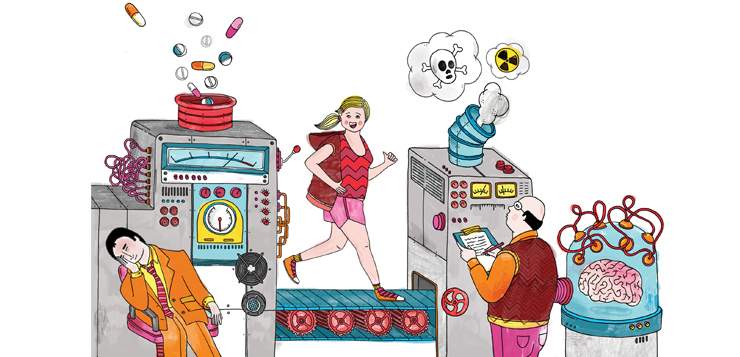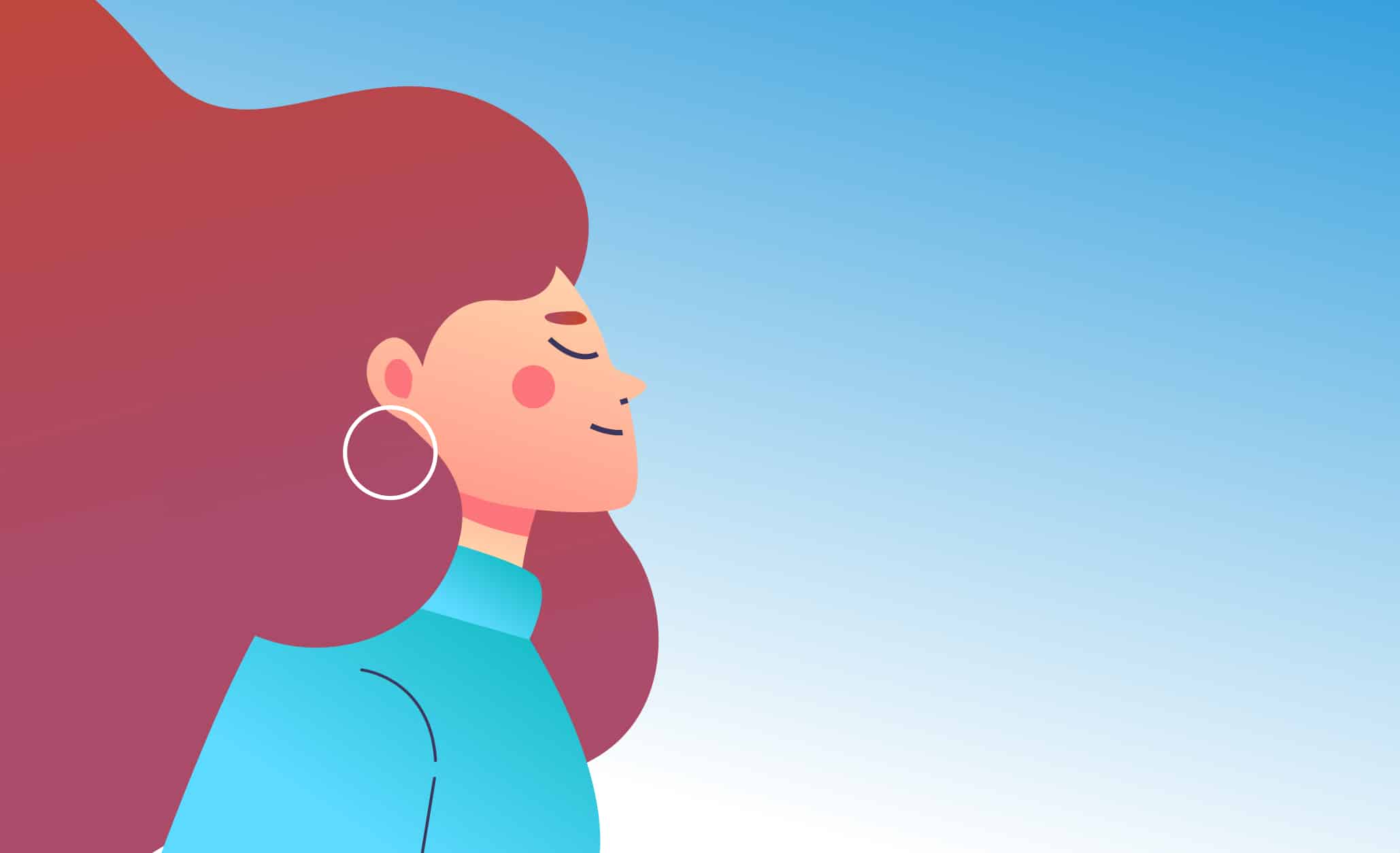Let’s assume that a psychologist or psychiatrist, or even, as is increasingly the case, the family doctor, has diagnosed ADHD. Now that you know you’ve got it (or a friend or family member has told you they have it), what—along with mindfulness—can help? Here are a few of the most promising approaches, which can of course be combined.
Medication
Prescription medications are by far the most popular treatment for ADHD in children and adults, and research shows that the medications—usually stimulants such as amphetamines or methylphenidate (brand name Ritalin)—can help about 80% of those diagnosed with ADHD. But the downsides include possible side effects, such as insomnia and loss of appetite, on top of risks of dependence and abuse.
Exercise
I occasionally take prescription stimulants, and tend to mainline coffee, but my drug of choice is exercise: usually a swift hike, swim, or yoga class. Substantial research confirms that exercise revs up our brains, while releasing natural pain-relievers (endorphins) and antidepressants (serotonin). That’s why John Ratey, M.D., an associate clinical professor of psychiatry at Harvard Medical School, and author of Spark: The Revolutionary New Science of Exercise and the Brain, says that for some people with ADHD, intensive exercise may actually substitute for stimulants, while for most, it is a helpful complementary tactic.
Cognitive Behavioral Therapy
Cognitive Behavioral Therapy (CBT) can yield benefits in as few as 12 one-hour sessions. In CBT, you learn to recognize and avoid destructive thoughts and beliefs. Such toxic thoughts—“I’m stupid,” “I’ll never succeed”—are common among people with ADHD. Research indicates that medication combined with Cognitive Behavioral Therapy is more effective than meds alone. There is also the eight-week Mindfulness-Based Cognitive Therapy program.
Neurofeedback
Neurofeedback, or biofeedback for the brain, has been drawing considerable attention recently as a potentially helpful, drug-free therapy for ADHD and especially for the stress and anxiety that so often accompanies it. The underlying theory is that people can learn to alter their own brain waves through practice and repetition. You do that practice with electrodes attached to your scalp, which send information to a computer program that provides rewarding or discouraging feedback. Some recent studies show positive results, but the scientific consensus is that more “gold-standard,” peer-reviewed research is needed. Moreover, neurofeedback is expensive, since most therapists recommend 40 sessions or more, at an average of $100 per session, and the field remains so unregulated that it can be hard to find a qualified practitioner.








